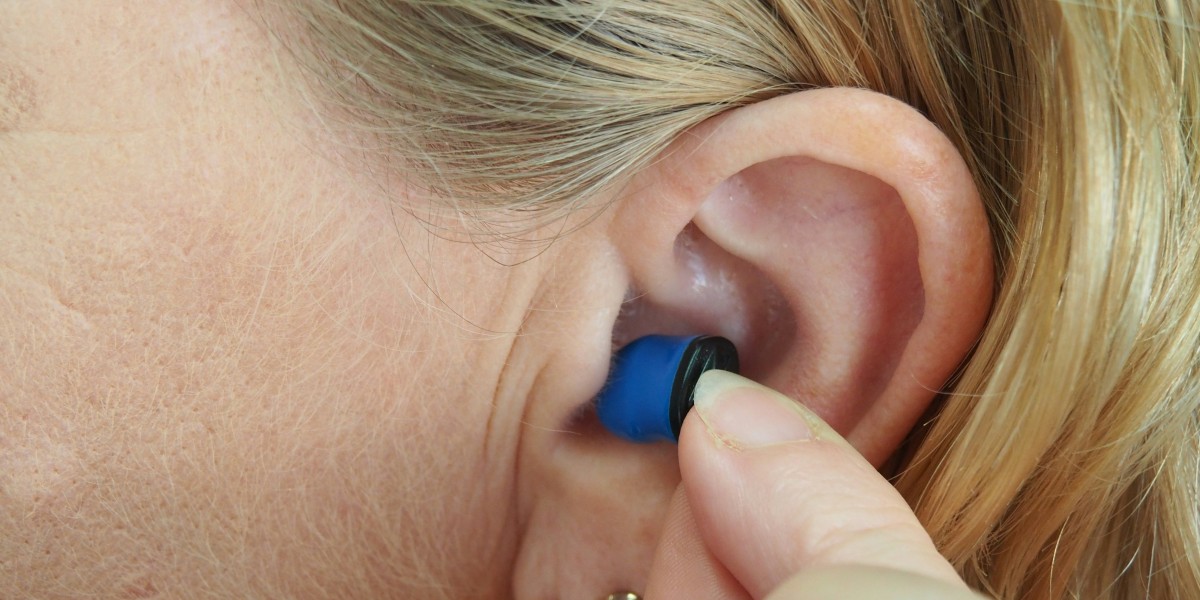Many people rely on medications to manage health conditions, but what if the very drugs meant to heal could also cause harm? Some medicines have been linked to hearing loss, a side effect that often goes unnoticed until the damage is irreversible. Understanding the risks can help individuals make informed decisions about their treatment options.
Ototoxicity, or ear poisoning, is the term used when certain medications damage the inner ear, leading to hearing loss, balance issues, or persistent ringing in the ears (tinnitus). Some of the most well-known culprits include specific antibiotics, chemotherapy drugs, and even common pain relievers. While these medications serve critical roles in healthcare, their potential side effects cannot be ignored.
Aminoglycoside antibiotics, often prescribed for severe infections, have been identified as a leading cause of ototoxicity. These drugs can affect the delicate hair cells in the inner ear, leading to sensorineural hearing loss. Unfortunately, this type of hearing loss is typically permanent, making sensorineural hearing loss treatment challenging. Similarly, certain chemotherapy drugs, especially those used to combat cancers like ovarian and testicular cancer, have been found to damage the auditory nerve, causing gradual hearing decline.
Even over-the-counter medications can pose a risk. Nonsteroidal anti-inflammatory drugs (NSAIDs) such as aspirin and ibuprofen, when taken in high doses or over long periods, have been associated with temporary or even permanent hearing issues. The risk increases when these drugs are combined with other ototoxic medications.
Recognising hearing loss early is crucial. A BAER hearing test (Brainstem Auditory Evoked Response) can help detect auditory nerve damage and assess hearing function. If medication-induced hearing loss is suspected, consulting a healthcare professional immediately is essential. Adjusting dosages or switching to alternative treatments may help prevent further deterioration.
For those already experiencing hearing loss, modern solutions like hearing aids and tinnitus treatment options can help improve quality of life. While prevention is always the best approach, advancements in medical technology ensure that individuals affected by medication-related hearing loss are not left without support.
If you or a loved one are taking medications that might impact hearing, staying informed and proactive is key. Discussing concerns with a healthcare provider and undergoing regular hearing assessments can help preserve one of our most valuable senses—our ability to hear the world around us.









